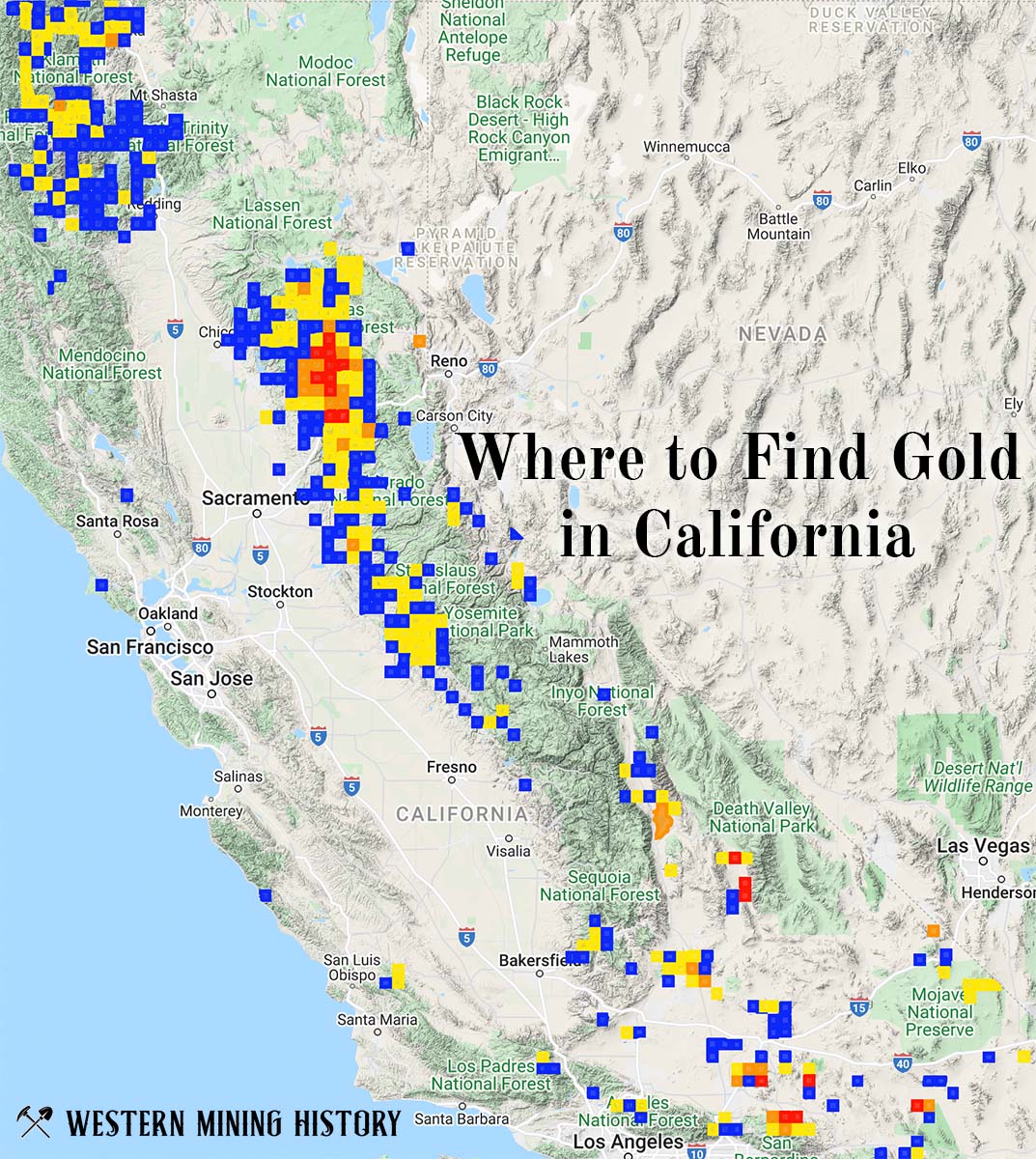The Clipper Mills is a mine located in Butte county, California at an elevation of 1,030 feet.
About the MRDS Data:
All mine locations were obtained from the USGS Mineral Resources Data System. The locations and other information in this database have not been verified for accuracy. It should be assumed that all mines are on private property.
Mine Info
Elevation: 1,030 Feet (314 Meters)
Commodity:
Lat, Long: 39.52667, -121.17500
Map: View on Google Maps
Satelite View
MRDS mine locations are often very general, and in some cases are incorrect. Some mine remains have been covered or removed by modern industrial activity or by development of things like housing. The satellite view offers a quick glimpse as to whether the MRDS location corresponds to visible mine remains.
Clipper Mills MRDS details
Site Name
Primary: Clipper Mills
Commodity
Tertiary: Nickel
Location
State: California
County: Butte
District: Woodleaf Area
Land Status
Not available
Holdings
Not available
Workings
Not available
Ownership
Owner Name: Open Land Subject To Jurisdiction Of U.S. Forest Service And Ownership By Local Residents
Production
Not available
Deposit
Record Type: Site
Operation Category: Occurrence
Operation Type: Unknown
Discovery Year: 1955
Years of Production:
Organization:
Significant: N
Physiography
General Physiographic Area: Pacific Mountain System
Physiographic Province: Cascade-Sierra Mountains
Physiographic Section: Sierra Nevada
Mineral Deposit Model
Not available
Orebody
Not available
Structure
Not available
Alterations
Not available
Rocks
Name: Serpentinite
Role: Host
Age Type: Host Rock
Age Young: Late Jurassic
Analytical Data
Analytical Data: SURFACE SAMPLE CONTAINED 0.17 PERCENT NI
Materials
Gangue: Actinolite
Gangue: Talc
Gangue: Chlorite
Comments
Comment (Deposit): Discovery Year: MIDDLE 1950'S
Comment (Location): UTM APPROX. LOC.
Comment (Geology): GEOL.DESC: LATERITIC RESIDUAL SOIL OCCURS ON N.E. TRENDING RIDGE UNDERLAIN BY SEVERAL N.W. TRENDING BELTS OF SERPENTINITE, AMPHIBOLITE (METAVOLCANIC ROCK) AND SEDIMENTARY UNITS OF CARBONIFEROUS CALAVERAS FORMATION. AMPHIBOLITE INCLUDES HORNBLENDE SCHIST, METADIORITE, META-ANDESITE, AND METAPYROXENITE, ALL OF WHICH SHOW SOME DEGREE OF SCHISTOSITY AND FOLIATION. SERPENTINITE, PROBABLY DERIVED FROM PERIDOTITE AND PYROXENITE, CONTAINS TALC AND MINOR CHLORITE AND ACTINOLITE. CALAVERAS FORMATION HERE HAS METAMORPHOSED TO SLATE, QUARTZITE AND MARBLE. 80 ACRES OF RESIDUAL LTERITIC SOIL WAS DERIVED MAINLY FROM SERPENTINITE, RANGING RED TO TAN IN COLOR. THICKNESS UNKNOWN
References
Reference (Deposit): BRIGHT, J. H., 1974 , ( 1958 ), PRIVATE COMMUNICATION.
Reference (Deposit): TURNER, H. W., 1898 , BIDWELL BAR FOLIO: U.S. GEOLOGICAL SURVEY GEOOGICAL ATLAS OF U.S., FOLIO 43 , 12 P.
Reference (Deposit): CHESTERMAN, C.W., 1976 , WRITTEN COMMUNICATION.
California Gold

"Where to Find Gold in California" looks at the density of modern placer mining claims along with historical gold mining locations and mining district descriptions to determine areas of high gold discovery potential in California. Read more: Where to Find Gold in California.